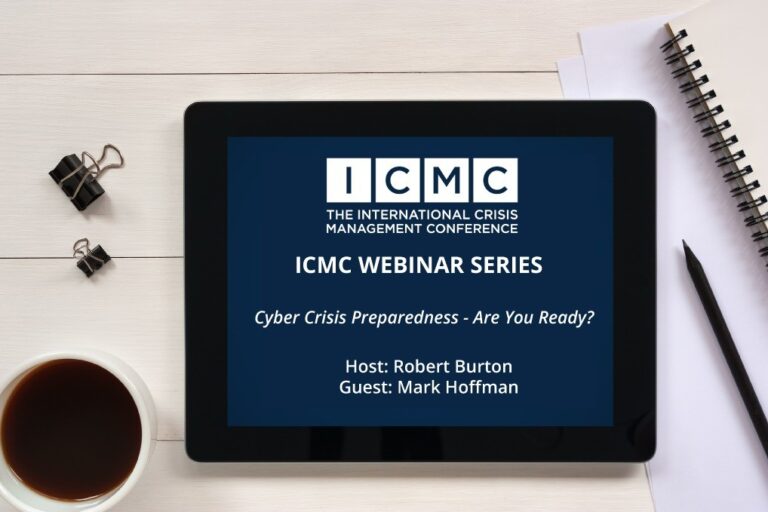In an increasingly unpredictable business environment, the significance of an effective crisis management program cannot be overstated.
Effectively navigating a crisis could mean the difference between long-term success and potential disaster for any organization. To ensure robust crisis management, it’s often beneficial to look beyond the organization’s walls and seek the input of external consultants. This post delves into why tapping into external expertise can immensely benefit your organization while crafting a crisis management program, which includes developing crisis management plans, training the organization, and testing preparedness through exercises.
Expert Knowledge and Real-World Experience:
Creating an impactful crisis management plan demands a wide range of expertise, typically honed over years of handling crises across various sectors. External consultants bring this wealth of experience to the table, equipping your organization with the wisdom of real-world crisis handling, often drawn from multiple industries and geographies. They help your organization anticipate potential crisis scenarios, develop plans to tackle them and ensure that you learn from the best practices across sectors.
Fresh, Unbiased Perspective:
An organization’s internal teams may carry inherent biases or preconceived notions about its capabilities and vulnerabilities. This could potentially lead to blind spots in crisis preparedness. External consultants, being detached from your organization’s daily operations and culture, can provide a fresh, unbiased perspective. They are adept at identifying unnoticed vulnerabilities and providing suggestions for fortification, ensuring a genuinely robust crisis management plan.
Comprehensive and Customized Training:
Training an organization to handle crises effectively is a complex task. It requires an understanding of the crisis management plan and the knowledge to adapt to ever-changing scenarios. External support can offer training customized to your organization’s needs and challenges. They can simulate real-world scenarios, conduct workshops, and implement drills that effectively test and train your teams. They can also provide specialized training modules, such as crisis communication and leadership skills during crises, thereby enhancing the crisis response capabilities of your organization.
Rigorous and Effective Plan Testing:
There needs to be more than just creating a crisis management plan; testing its efficacy in potential crisis scenarios is paramount. External consultants excel in designing realistic crisis simulations to evaluate your plan’s effectiveness. They can identify gaps, provide constructive feedback, and help tweak the plan based on the outcomes of the simulation exercises. This iterative process of testing and refining ensures that your crisis management plan remains effective and agile.
Optimal Utilization of Time and Resources:
Creating a comprehensive crisis management program is a time-intensive and complex undertaking. By engaging external support, your organization can save time and resources effectively, allowing your internal teams to concentrate on their core responsibilities. It reduces the learning curve, eliminates trial and error, and speeds up the process of implementing a robust crisis management strategy.
Summary:
Building a resilient organization requires an effective crisis management strategy in an increasingly unpredictable world. By leveraging external support in crafting such a strategy, organizations gain access to vast expertise, a fresh and unbiased viewpoint, customized training solutions, rigorous plan testing, and efficient utilization of resources. Therefore, organizations should view external support as an investment towards resilience and long-term stability. Remember, well-managed crises can also present opportunities to reinforce the organization’s strength and foster trust with stakeholders.





